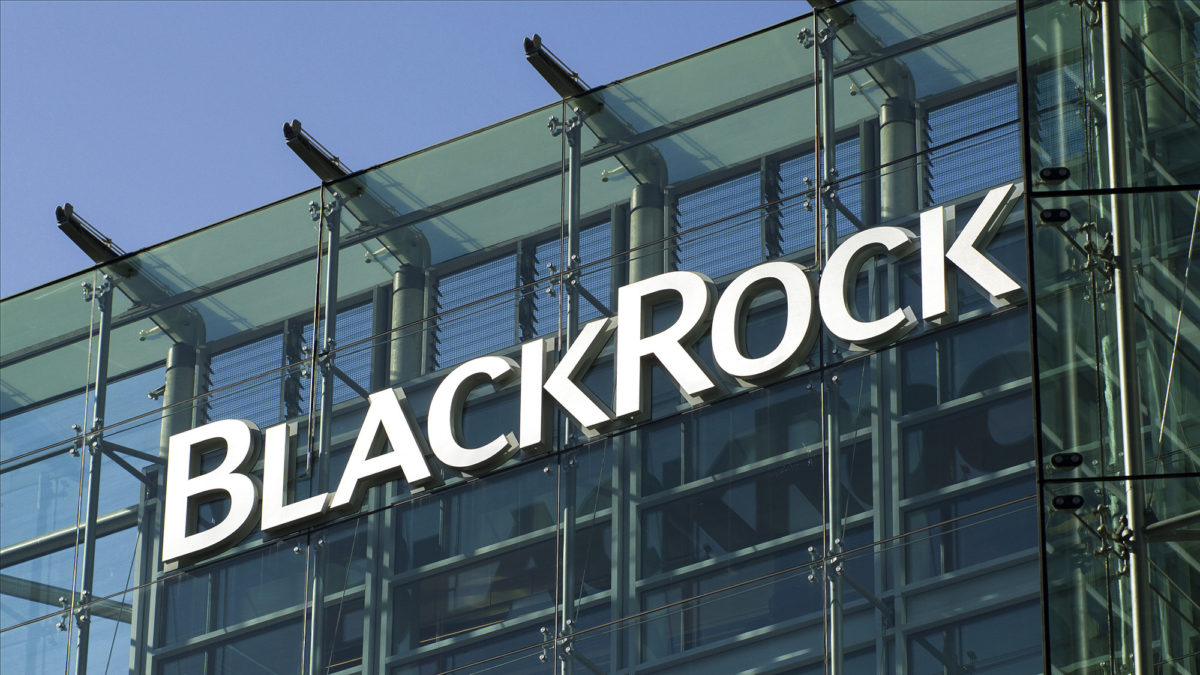Larry Fink has had a very good decade. But with assets that would make King Midas blush, the BlackRock CEO’s only real power is words.
For BlackRock CEO Larry Fink, the next 10 years could be even better, or a lot tougher, because of one variable: climate change.
BlackRock emerged from the Great Financial Crash of 2009 as the biggest winner on Wall Street. The firm has nearly $9 trillion in assets and owns shares in more companies than any institution in the world. Its secretive portfolio risk management platform, known as Aladdin (Asset, Liability, Debt and Derivative Investment Network), analyzes risk on another $18 trillion in assets that the firm does not manage.
BlackRock emerged from the Great Financial Crash of 2009 as the biggest winner on Wall Street.
Combine both, and in theory BlackRock touches more than $27 trillion every day. That’s more than the gross domestic product of the United States.
And then there is Larry. Fink is Manhattan’s version of Warren Buffett, liberally dispensing market advice on Bloomberg and CNBC. He is mostly loved in boardrooms and is a true Davos man. ( “He gets it,” has said former mayor Michael Bloomberg.)
These days, Fink is best known for his annual CEO letter, an effort which initially focused on corporate “purpose” and now is devoted almost entirely to climate change. This has exposed him to unrelenting pressure from climate activists, who do not need to understand the fine points of BlackRock’s business to undermine it. Since the historic demonstrations of 2019, climate has become one of the world’s single most powerful rallying points for public protest. People who demand action on climate change have little patience for mere words. They want BlackRock out of the global warming business and into saving the globe.
Stuck on a promise?
So now Fink may have to act faster than he can speak. No matter how well-intentioned or persuasive his words, even BlackRock’s trillions may not be enough to force the companies they invest in to sufficiently reduce the amount of carbon they put into the atmosphere.
Call it Larry’s climate paradox. Sitting on a pile of assets that would even make King Midas blush, Fink’s only real power is words.
Here’s why.
BlackRock’s stunning rise to supremacy is based on index funds, each of which represents a basket of investments in individual companies. So despite the $5.7 trillion they have invested in such funds, BlackRock has no control over what companies are included in each. Nor are they able to divest from a few, say, fossil fuel companies by themselves. Pull out of one, pull out of all.
Deciding which companies comprise an index is the purview of the index giants, like S&P, MSCI and FTSE Russell. Fink cannot direct his managers to get out of a handful of companies that are part of the S&P 500, for instance, without just divesting of the index. They can establish their own indexes, which they have. But most of the world’s financial assets still sit in funds with large broad exposures to a country, region or sector. For all the rhetorical power of Fink’s words, the reality is BlackRock must follow the index pack.
Talk, talk, talk
And that is why Blackrock can do little more than talk, persuade and cajole. Of the $8.7 trillion in total assets it manages, 75% are not screened for ESG (environmental, social and governance) factors. For example, BlackRock owns and manages more than $85 billion in assets tied to coal — or just under the total amount of sustainable assets it manages ($90 billion). Because investors are demanding opportunities to invest in sustainable funds, BlackRock is aggressively developing climate and ESG-friendly funds. And it has pledged to increase that to $1 trillion in a decade.
Blackrock can do little more than talk, persuade and cajole.
It will take decades to rebalance this mix. Earth does not have that much time.
BlackRock is, in essence, a proxy for the world economy. And unfortunately, the world economy is on track to reach a temperature rise of 3.2°C by the year 2100, which is far above the Paris Agreement’s target limit of 1.5°C by 2050. Critics can scream all they want, but there is very little Larry Fink can do to withdraw investments in “bad” companies. He’s an index man.
The Fink Bluff
It is the actions of individual companies themselves that will decide whether the Paris Agreement temperature targets are met — and the human race survives. Fink will have to use his reason and salesmanship to drive a global movement that will force companies to accelerate their efforts to reach net zero. That way the conventional “brown” indexes will go green. But BlackRock itself, despite all those trillions, cannot “force” action.
The conventional “brown” indexes will go green. But BlackRock itself, despite all those trillions, cannot “force” action.
Instead, Larry Fink has to bet that BlackRock’s — and his own — prestige will forge an opportunity in the new climate economy. It’s not a bad bet, given that, more so each day the climate economy is becoming an economic growth engine, the power of which has not been seen since the Industrial Revolution. Fink’s career has been defined by two investment gambles. One worked. The other did not. He saw BlackRock’s fortunes soar with the rise of indexing when he bought Barclay’s iShares ETF business at the peak of the financial crisis. But Fink was fired when he mishandled another great financial trend: the securitization of debt assets.
Fink now expects to ride the massive opportunity that other business, government and policy leaders are beginning to recognize: the chance to build an entirely sustainable global economy. The real test of his acumen and charm will be whether Fink can leverage BlackRock’s reputation, if not its incremental financial power, to accelerate the global move to a green economy. After all, given the COVID-19 pandemic, the world already faces more debt than any bank will secure.


